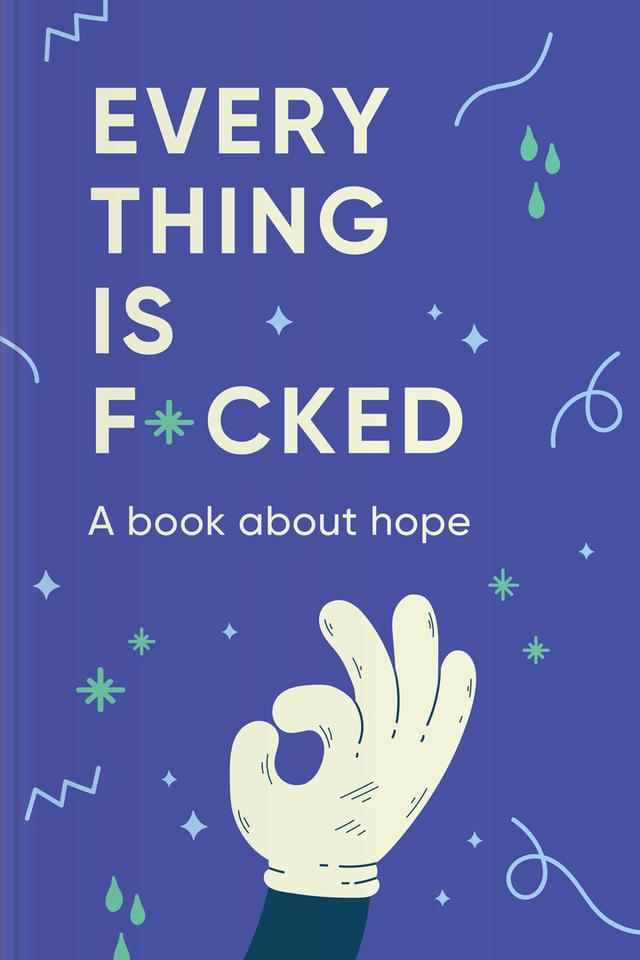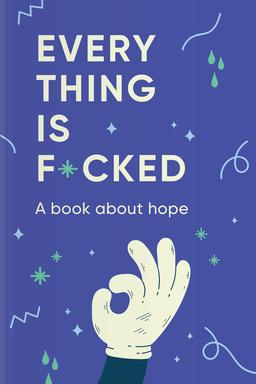You’ll learn
- Why our search for meaning might be misguided
- The real power behind our emotions
- How hope can both save and doom us
- The truth about pain as a growth catalyst
Protect the world’s peace. Donate to support Ukraine

first KEY POINT
You know how in Starbucks they ask for your name to put on the cup? Mark Manson thought that instead of that shallow cuteness, he would write down a short message: “one day, you and everyone you love will die. And beyond a small group of people for an extremely brief period, little of what you say or do will ever matter.” These two sentences convey the Uncomfortable Truth, and everything you think or do is just a means to avoid it. Running our daily errands and following the usual routines, we still feel the meaninglessness of everything: our thoughts, actions, and ourselves.
We want others or, more globally, the world to care about the stuff we care about: our illnesses, the Republicans and Democrats, and rude shop assistants. We want the universe to notice the forests burning or the ice melting, or the waters rising, or how the air is getting more and more unbreathable. But neither the world, nor the universe cares about any of that. Do you know who does? We do! We care because we believe it all must have some great meaning behind it. Our brain wants to make things important and meaningful to justify our existence, to help us take root. But the Uncomfortable Truth is always there. We want everything to be significant, and so we project that imaginary sense of importance onto the world around us. And that gives us hope.
Not that long ago, writers like Steven Pinker and Hans Rosling tried to tell us our pessimism stood no chance. They claimed that things are the best they’ve ever been and possibly will be even better. Both men have explained the biases and false assumptions we all carry that cause us to feel that things are much worse than they are. It is true that compared to the previous generations, things are much better for us now. However, that doesn’t solve our problems.Keep reading to understand how much the world impacts our lives and how we can navigate through hope.
second KEY POINT
It all probably started with the Enlightenment (the Age of Reason), which was the European philosophical movement in the 17th and 18th centuries. This movement dictated that our rational mind should take control of our emotions. Even though we have been through much since then, philosophically speaking, this urge continues to be a pretty big part of our culture today. Manson refers to this phenomenon as the Classic Assumption. To elaborate, if a person is ill-behaved, nasty, or spiteful, it’s because he is unable to overpower his feelings or he is just simply fucked up.

Continue reading with Headway app
Continue readingfirst KEY POINT
second KEY POINT
third KEY POINT
fourth KEY POINT
fifth KEY POINT